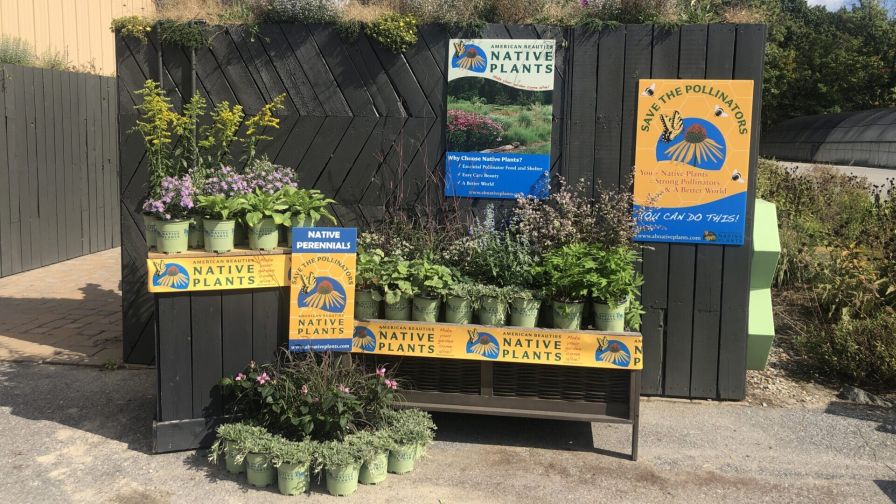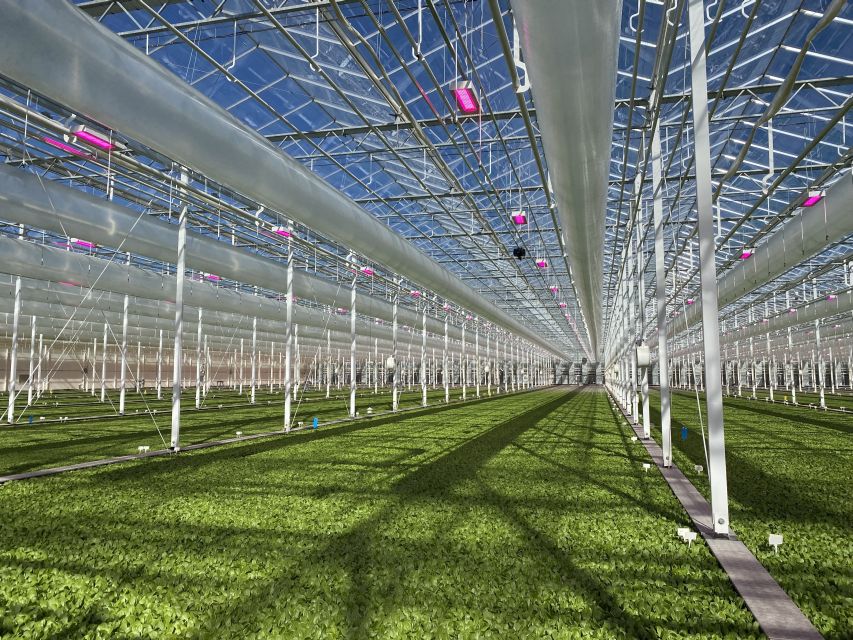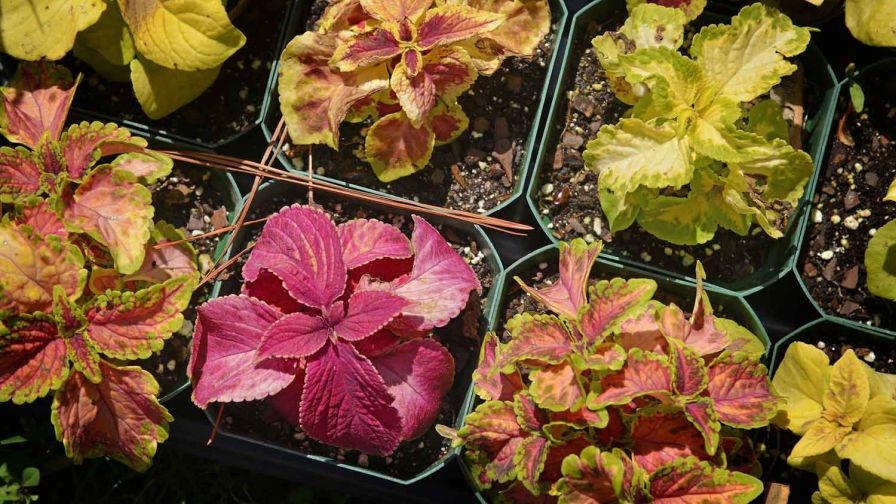Home Gardening Tied to Mental Health Benefits in New Survey
A recent survey conducted by Monrovia found that nearly 50% of homeowners think gardening is good for their mental health and well-being. Additionally, 39% of the homeowners strongly agreed with the statement, “Planting and working outside makes me feel energized and rejuvenated.”
Every year, Monrovia asks 1,400 homeowners across the U.S. about their gardening interests and plant purchasing habits. That data is combined with monthly mobile studies to track continuing and emerging trends.
“Gardening has increasingly become an activity that allows gardeners the opportunity to remove themselves from the ‘noise’ of life,” said Katie Tamony, chief marketing officer and trend spotter at Monrovia. “Every year since the start of the pandemic, we have seen an increase in consumers reporting a connection between gardening and feeling more positive.”
From fragrant flowers to dramatic, eye-appealing foliage, many different plants can be part of finding Zen in the garden. “Plants with fragrance, or in calming colors, or with large leaves that remind us of a tropical vacation can have an immediate effect on our mood,” added Tamony. Here are a few favorites that can help promote feelings of wellness and relaxation.
‘Swan Lake Mock Orange’:
A fragrant plant that will help bring your relaxation to the next level, ‘Swan Lake Mock Orange’ pops with abundant blooms and a scent of grape soda. This North American native selection stays naturally rounded and reaches 6 feet tall and wide. Recommended for Zones 4-8.
Tea Plant:
As a source of caffeinated teas, this evergreen shrub will invigorate your beverage and your mental health. Its small white fragrant flowers and dense foliage are perfect for a beautiful privacy screen or hedge that can reach 15 feet tall and 8 feet wide. It is a heat and drought-tolerant plant that’s recommended for Zones 7-9.
‘Bridal Veil’ Agapanthus:
The ‘Bridal Veil’ Agapanthus is a beauty to look at and easy to care for, creating a peaceful and calming garden experience. It packs loads of big beautiful white blooms in a compact habitat and the stunning flowers cover strong stems that reach only about a foot high. This agapanthus is perfect for mass planting or in containers. A perennial in Zones 7-11, it can be grown as an annual in cooler climates.
‘Stripe It Rich’ Japanese Forest Grass:
Kick back and relax in the shade with the ‘Stripe It Rich’ Japanese Forest Grass. While this flowing foliage is great for groundcover of shady areas, it also provides a beautiful view with a color variation of white-striped golden foliage that will put anyone in a happy and relaxing mood. Recommended for Zones 5-9.
‘Gold Coast’ Pittosporum:
Keep your mood – and your garden – bright with ‘Gold Coast’ Pittosporum, the gorgeous glowing lime-green variegated foliage that grows upright on elegant thin, dark stems. Fabulous in contemporary gardens as a colorful, eye-catching accent, this evergreen reaches 10 feet tall and 8 feet wide and is recommended for Zones 7-11.
‘Pharaohs Mask’ Elephant Ear:
Featuring large, green leaves with dark purple veins that make a dramatic statement in the garden. Bold and beautiful, this tropical plant makes any garden feel like a relaxing vacation spot. With its preference for warm and humid environments, this plant would be great around a pond or water in a garden. ‘Pharaohs Mask’ is recommended for Zones 8-11.
‘Sunvilla’ Mandevilla Series:
Monrovia’s ‘Sunvilla’ Mandevilla collection provides free-flowing, tropical color in the garden while remaining well-behaved. Their mounding habit gives ‘Sunvilla’ a lusher appeal than other mandevilla. These bold climbers were chosen because their blooms are slower to fade, adding long-lasting enjoyment to an arbor, trellis, or hanging basket. Choose from Red, White, Pink, and Giant Red with extra-large blooms. ‘Sunvilla’s are considered perennials in Zones 9-11 and annual in cooler climates. They can also be overwintered indoors. Their twining stems can reach 15 to 20 feet.









